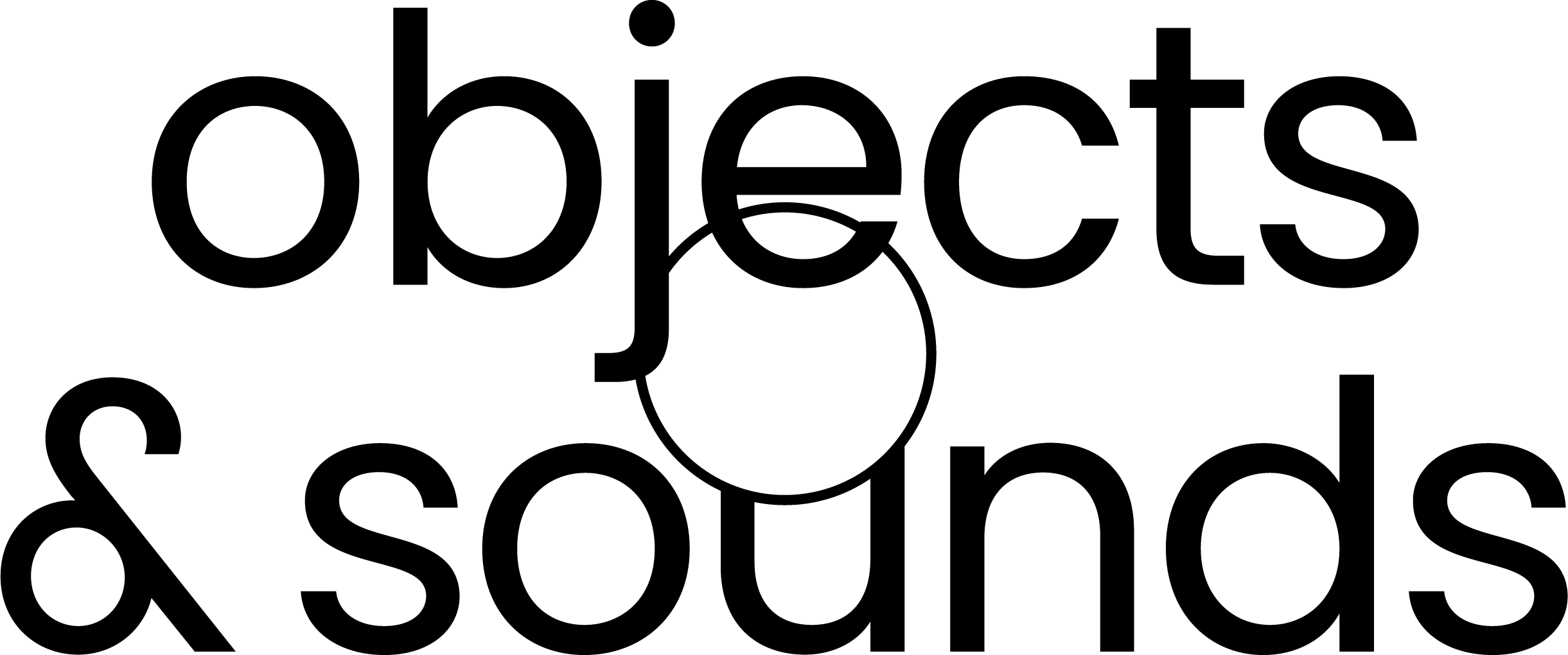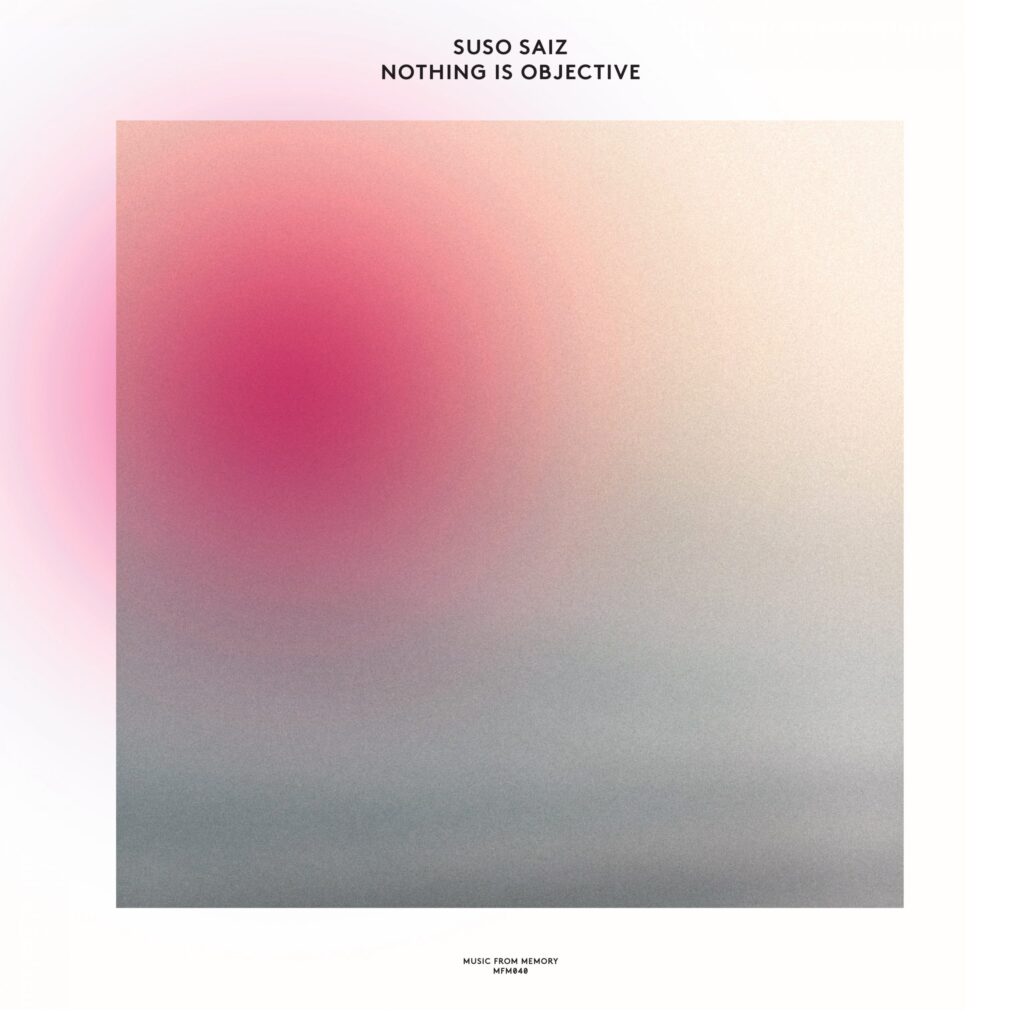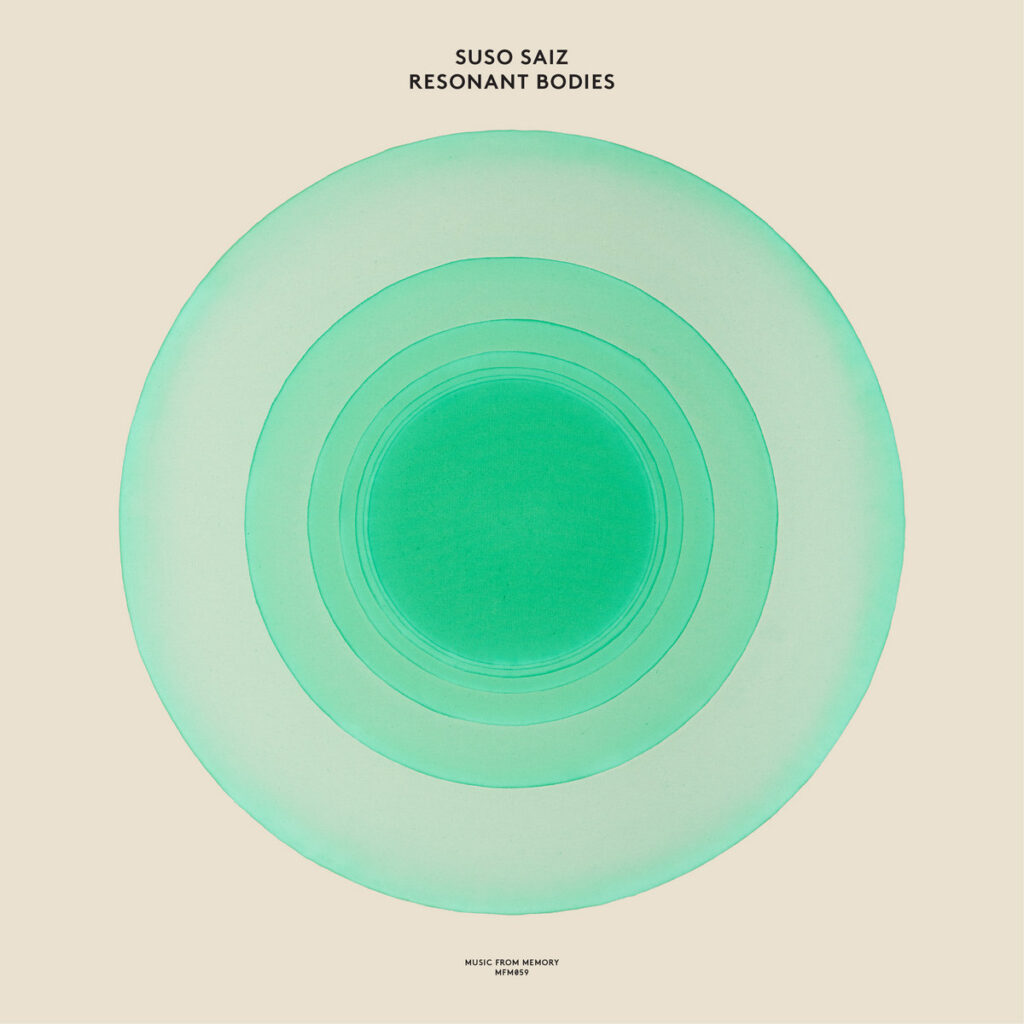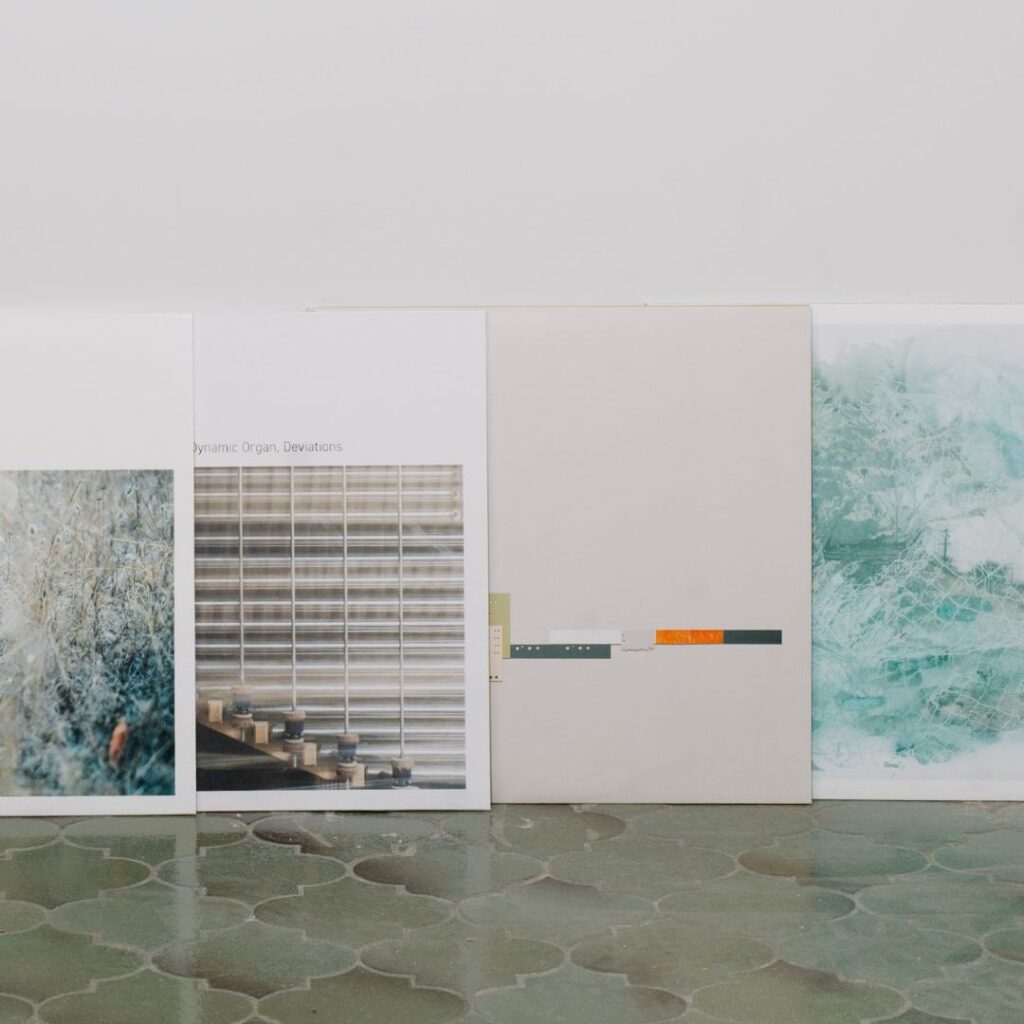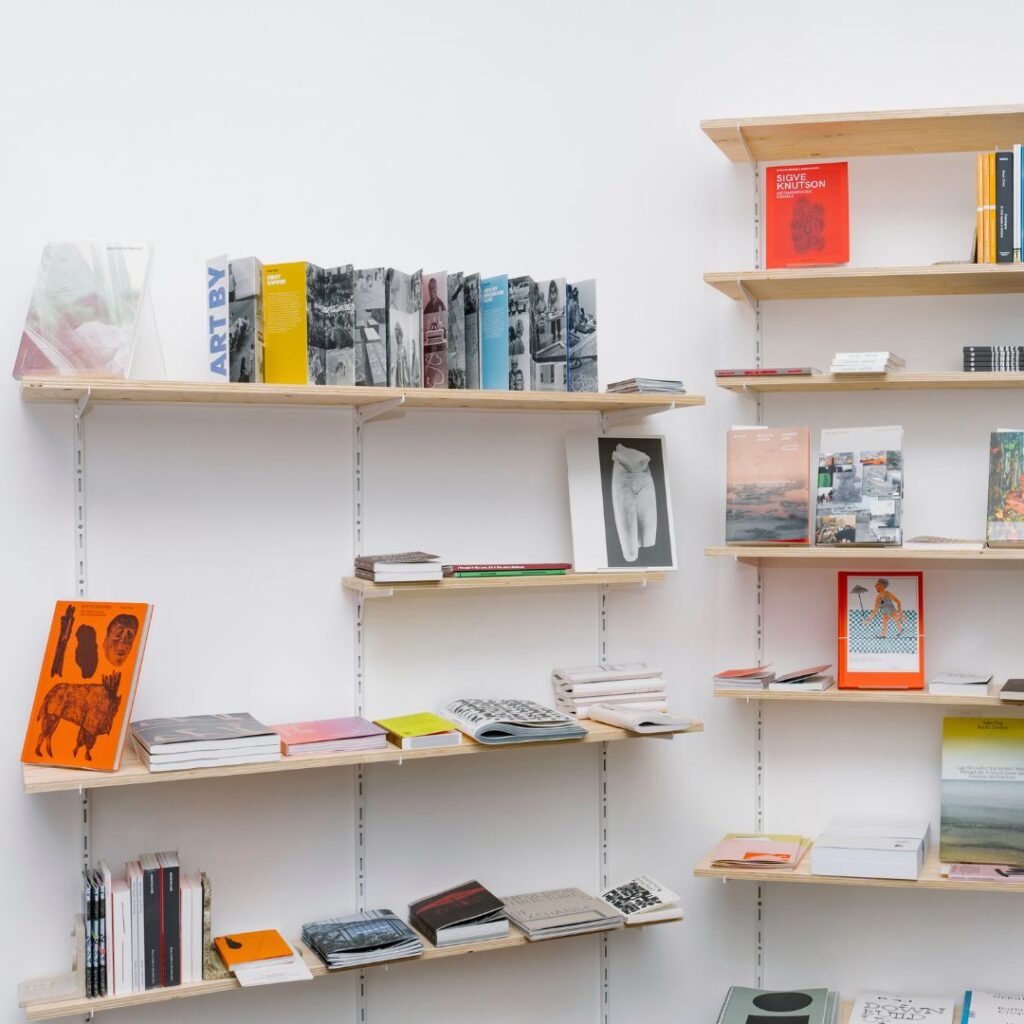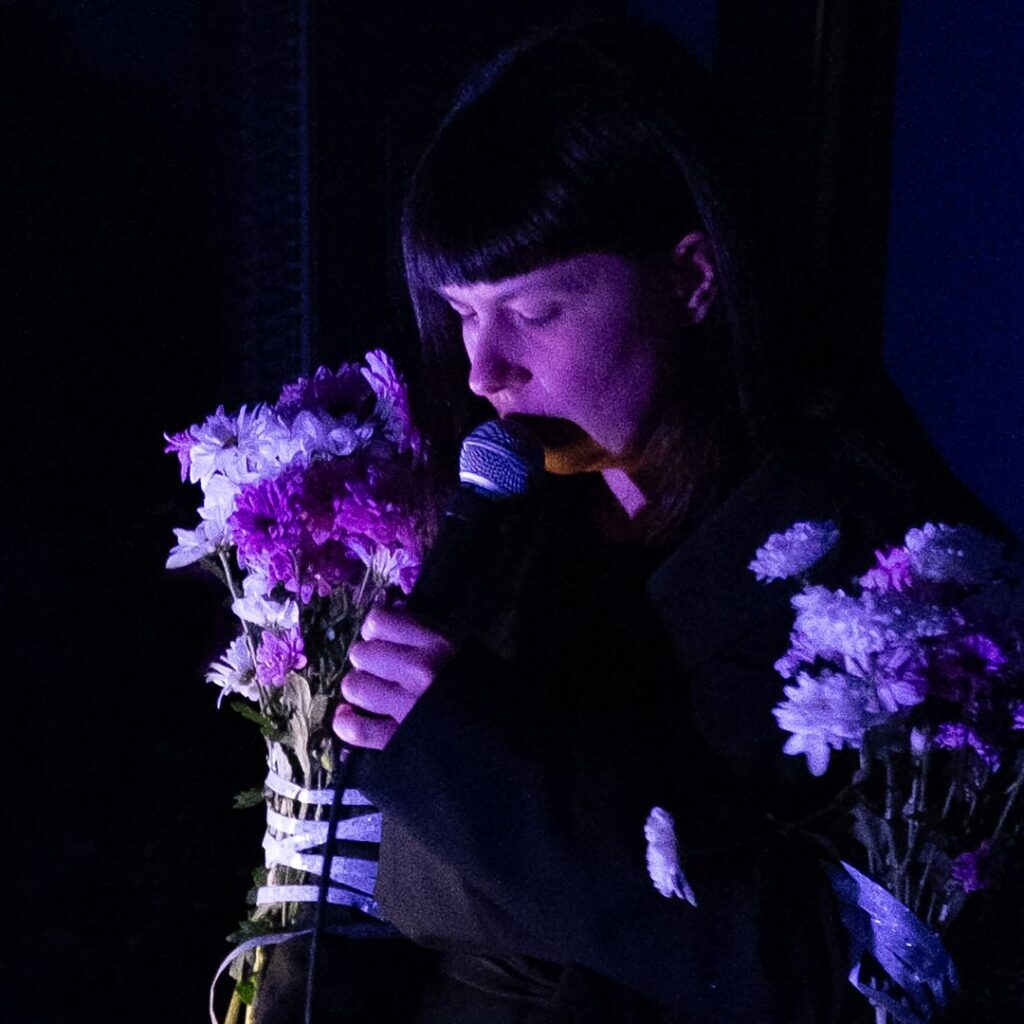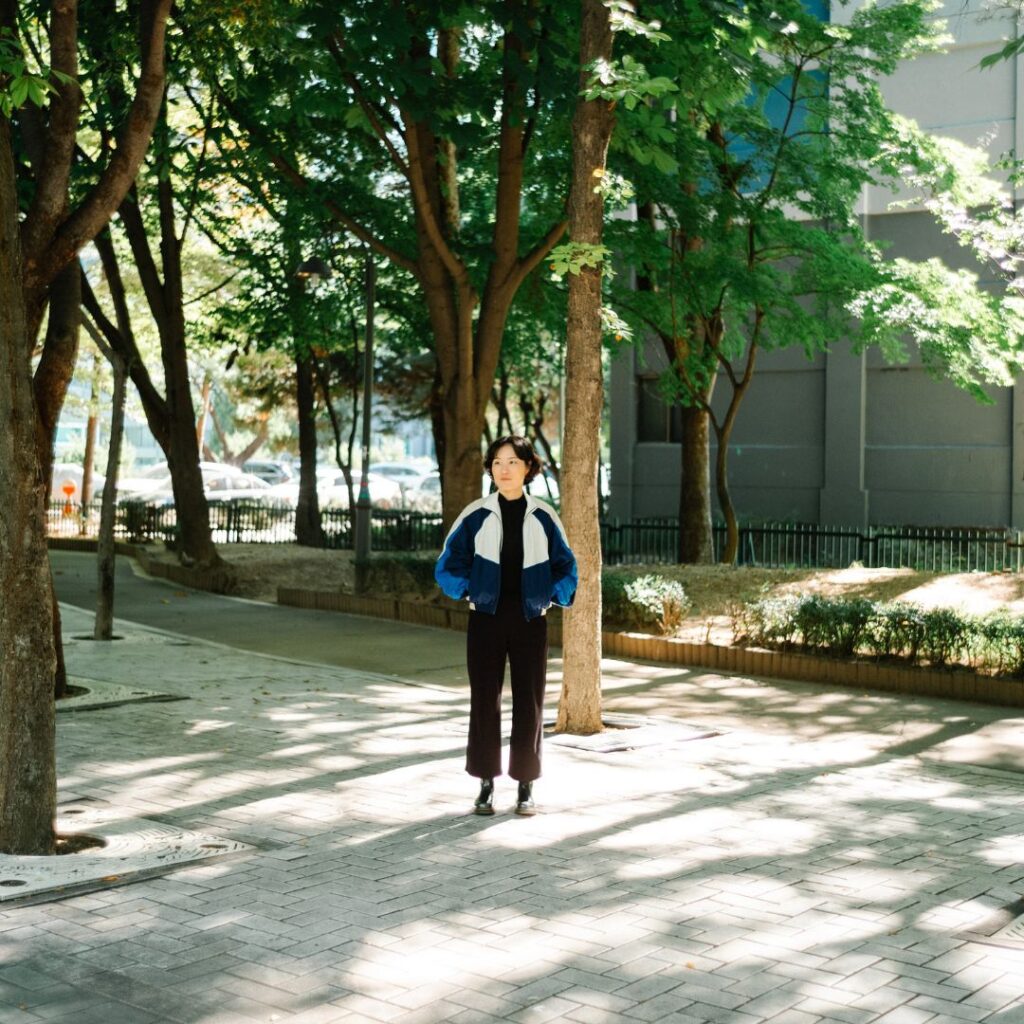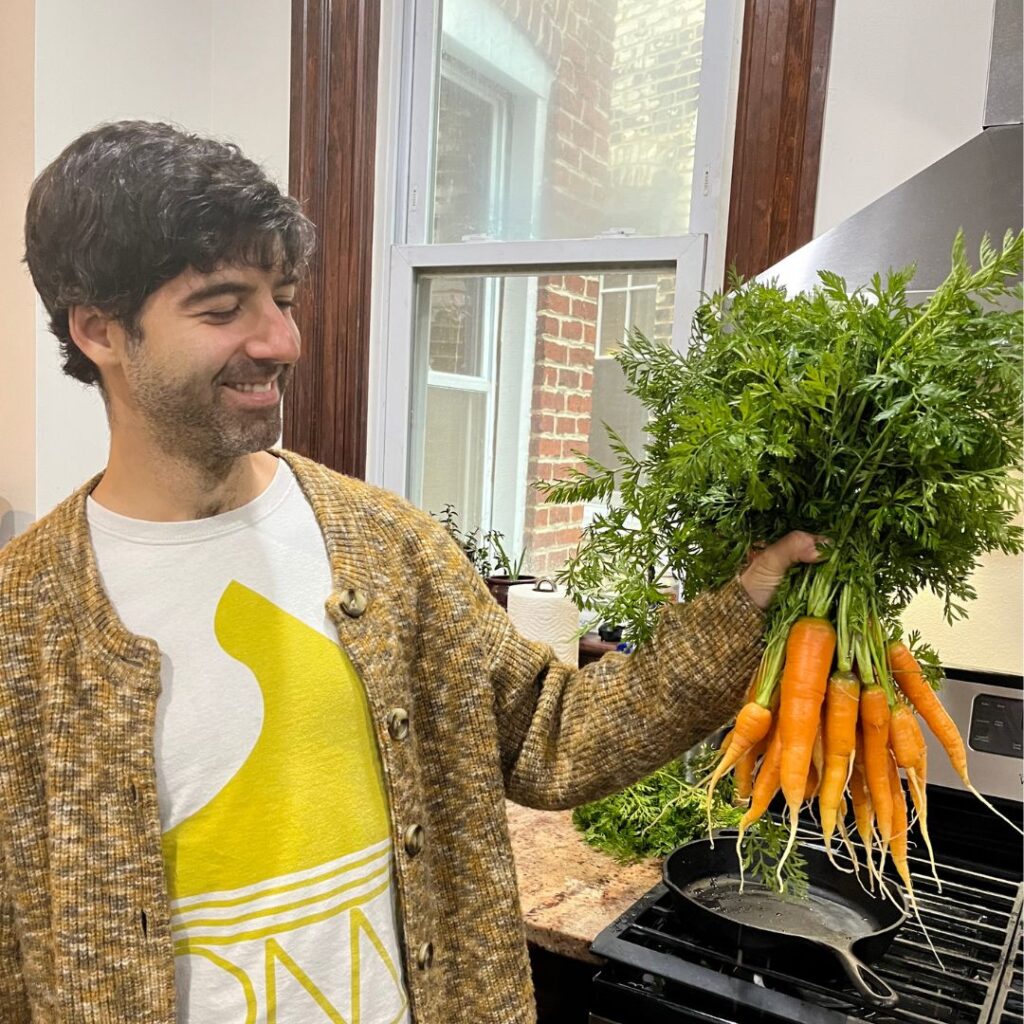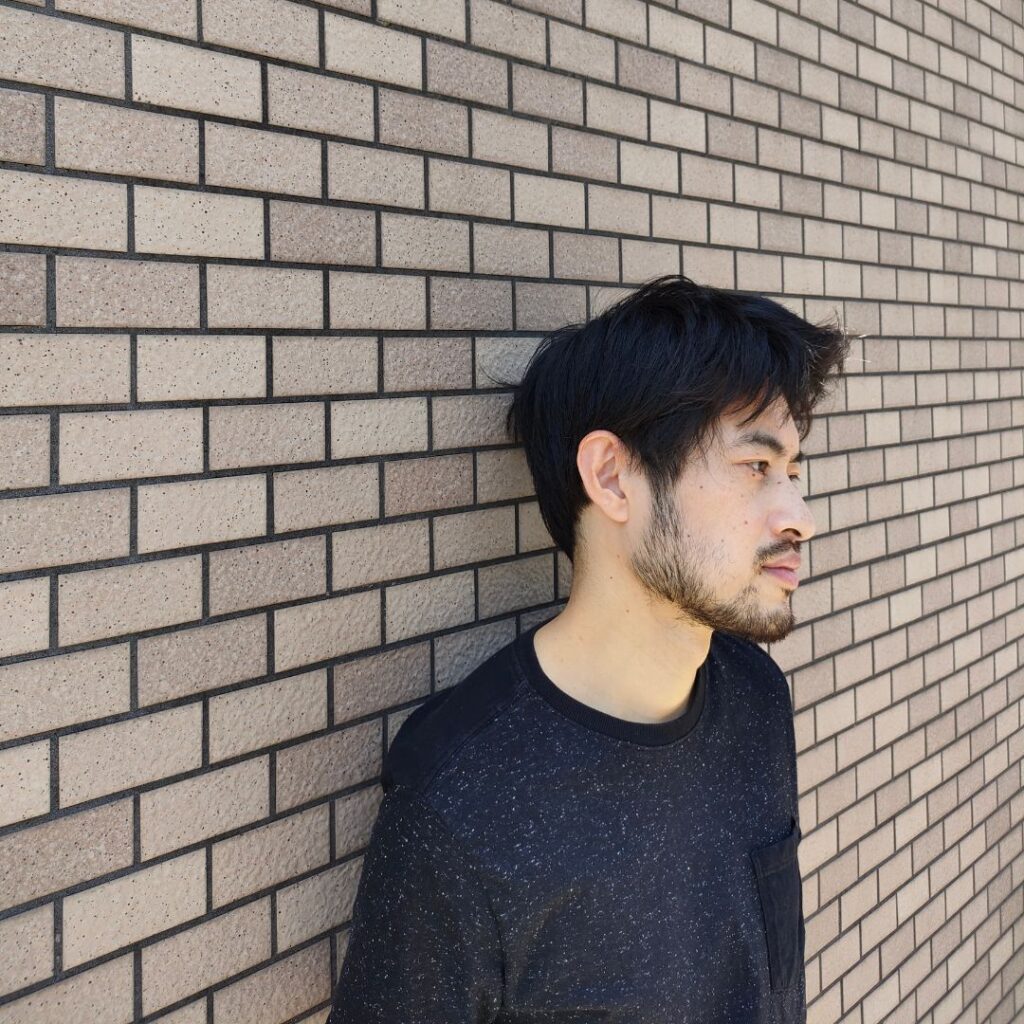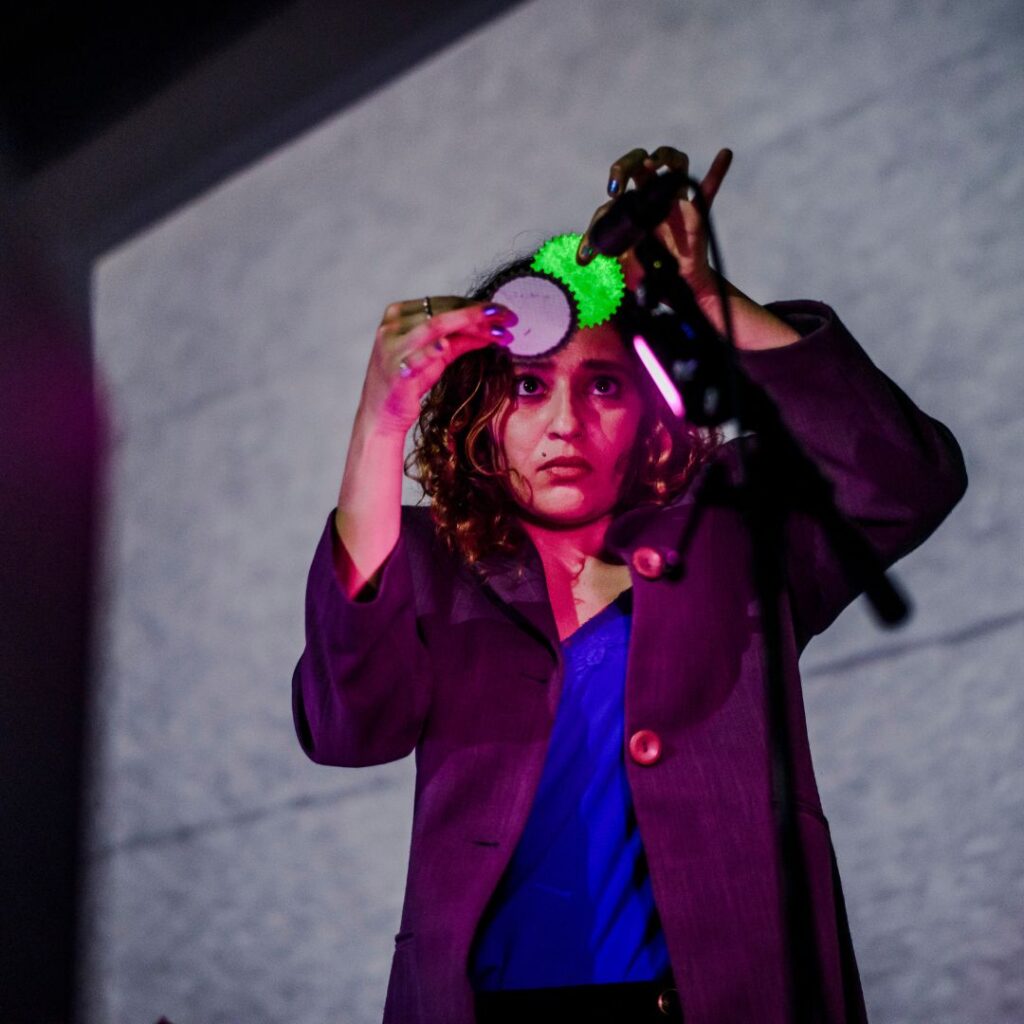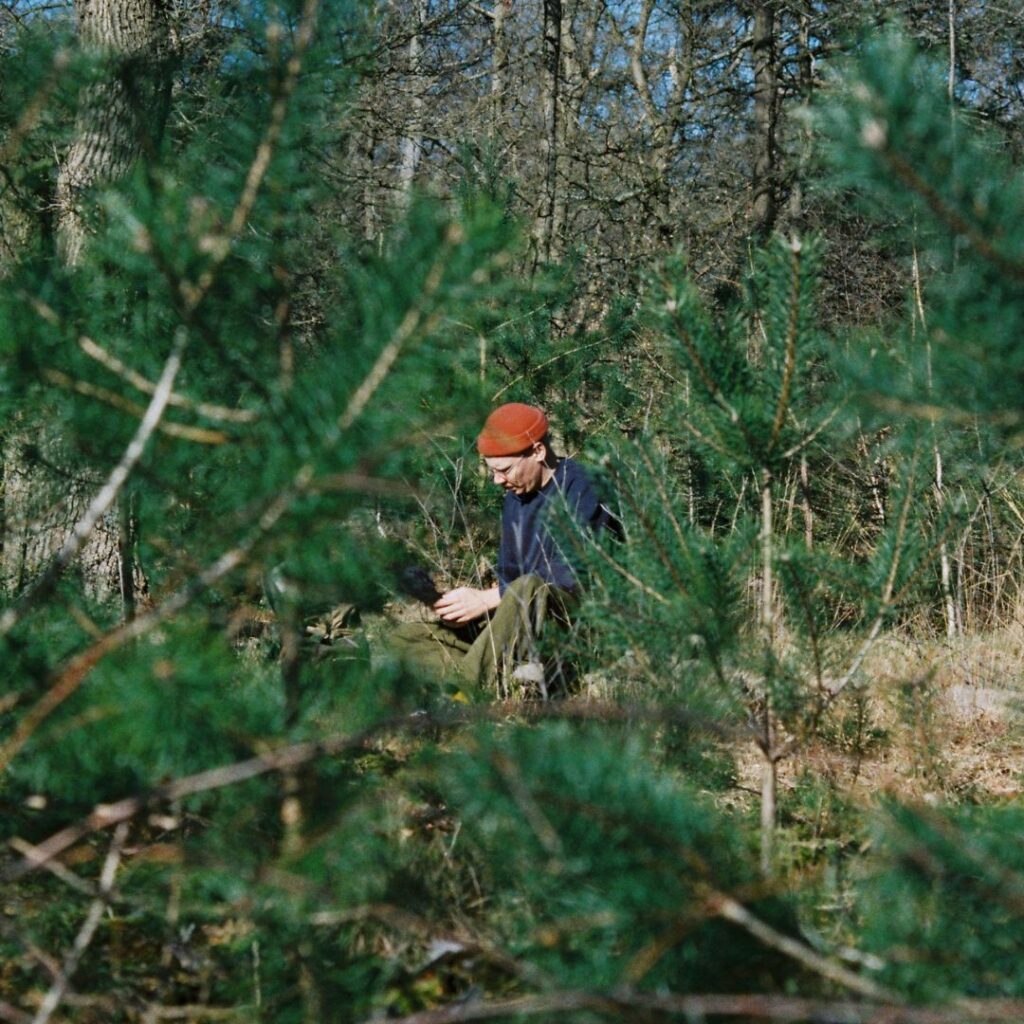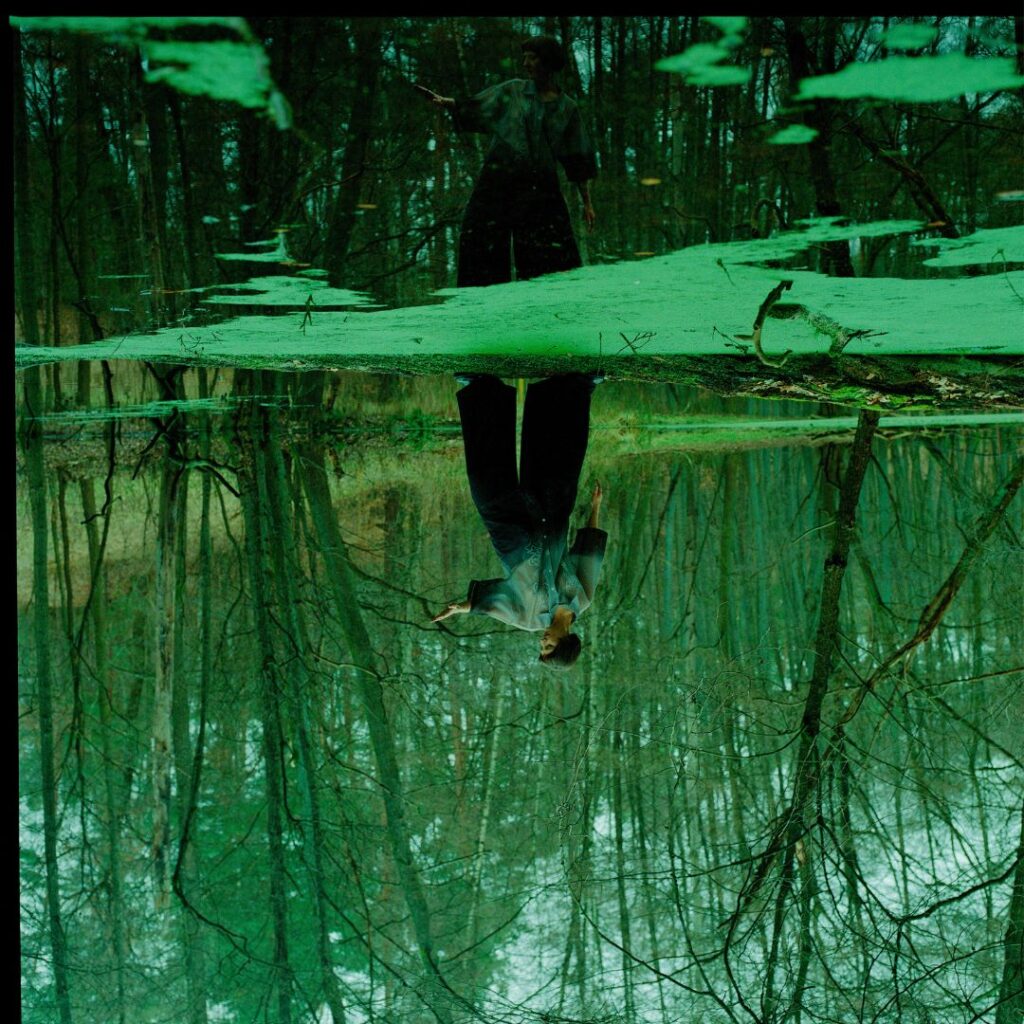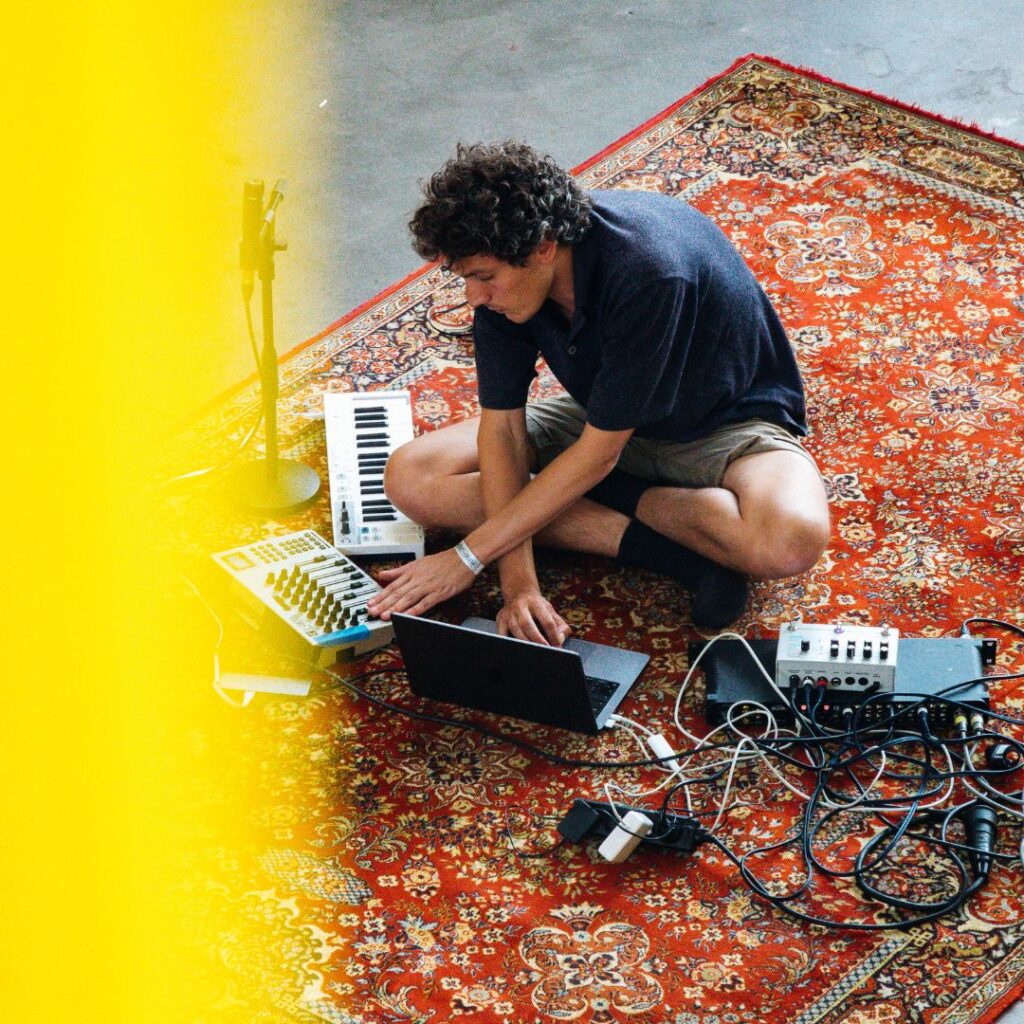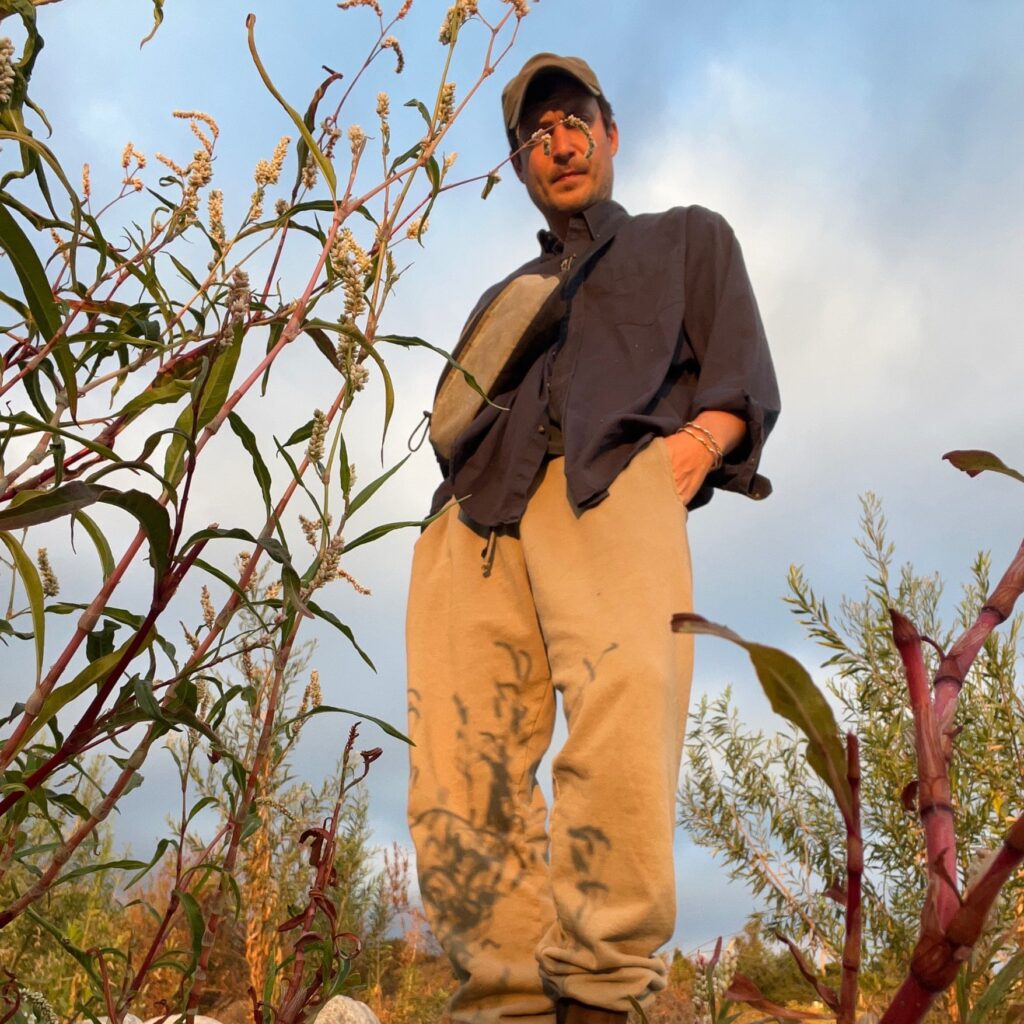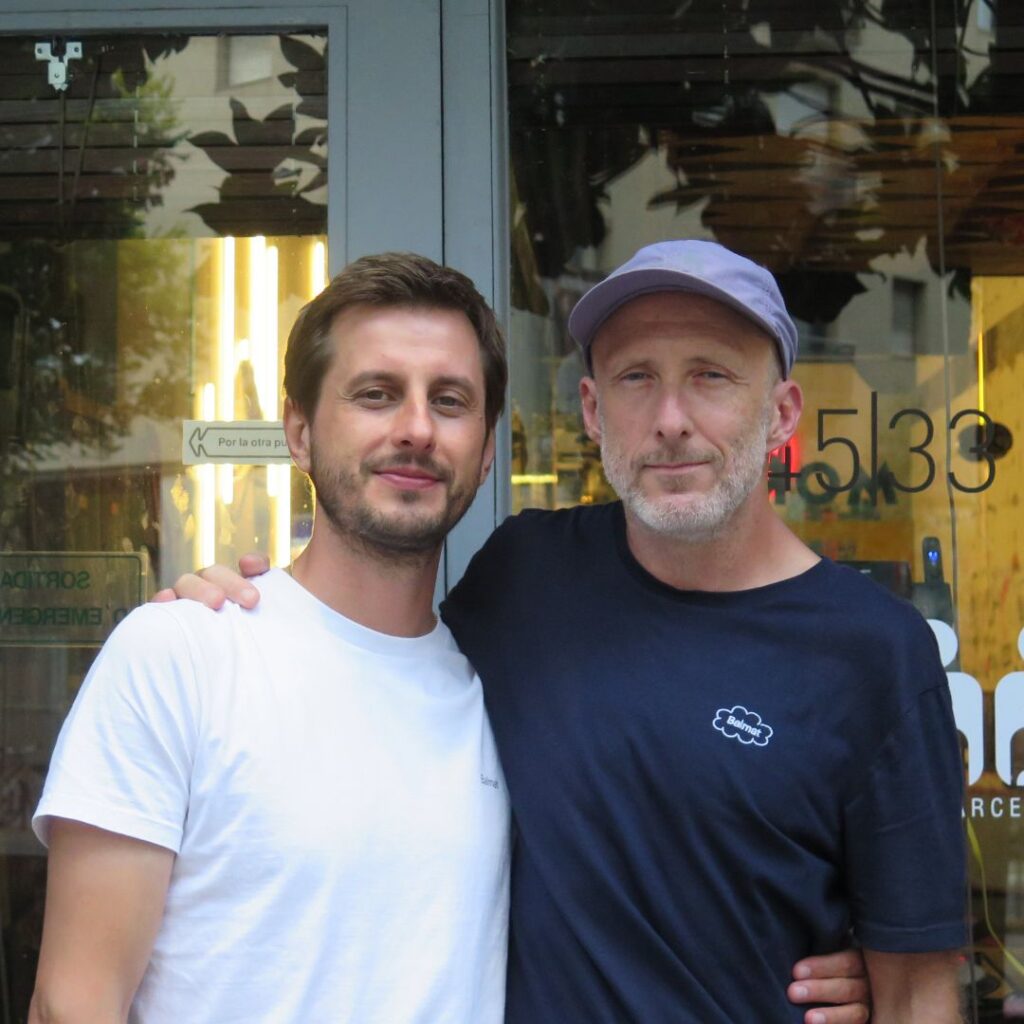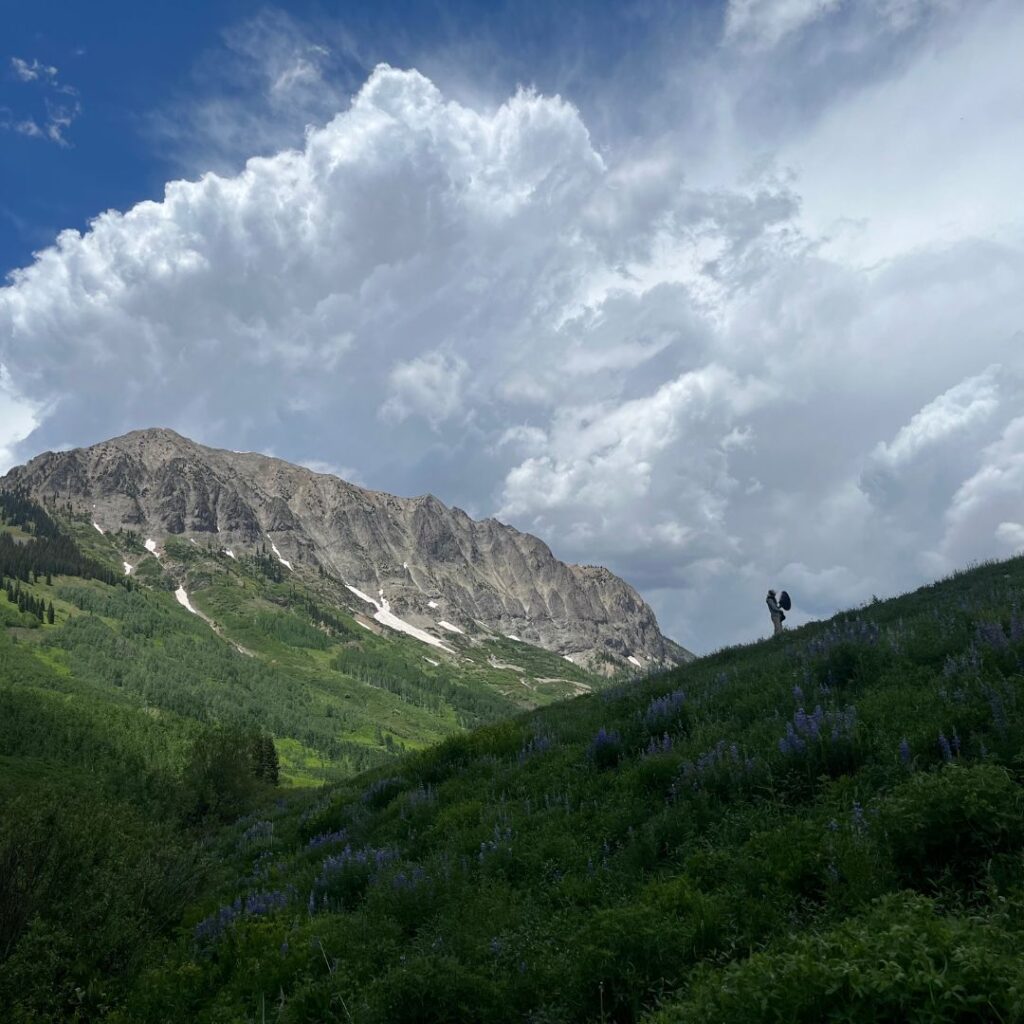unbounded exploration with Suso Saiz
Spanish musician, composer, and producer Suso Saiz needs no introduction in the world of minimal and experimental electronic music. Since the late 1970’s, Suso has been guided by an insatiable curiosity for the (sonic) world around him, engendering an ever-evolving and ever-expansive sound palette. While his inspirations and techniques may have changed over the years, this exploratory sensibility has been the benchmark throughout his musical career.
In this mood talk, Suso shared with us his approach to experimentation, finding his sound, and the joy of following the unexpected.
You have been making music for decades. How has your music changed over the years?
Evolution is necessary for me. I try to repeat myself as little as possible, and I trust that my music has changed during all this time. I think my principles were previously more anchored in traditional concepts, structures, harmonies, and rhythms. Little by little, they disappeared, at least on the level of evidence, and my music became more horizontal, static, and reflective. Timbre became my main interest as a means of expression and experimentation with textures.
In short, my music has evolved from a kind of minimalist new age sound with pop touches to electroacoustic experimentation and reflections on listening and its psychological implications.
Does making music always come natural to you, or do you have to be in a certain mood or state of mind?
For me, music is the key to enter, effectively, a state of mind. I make music from that state that I hope will help others to find their own state of mind, as well.
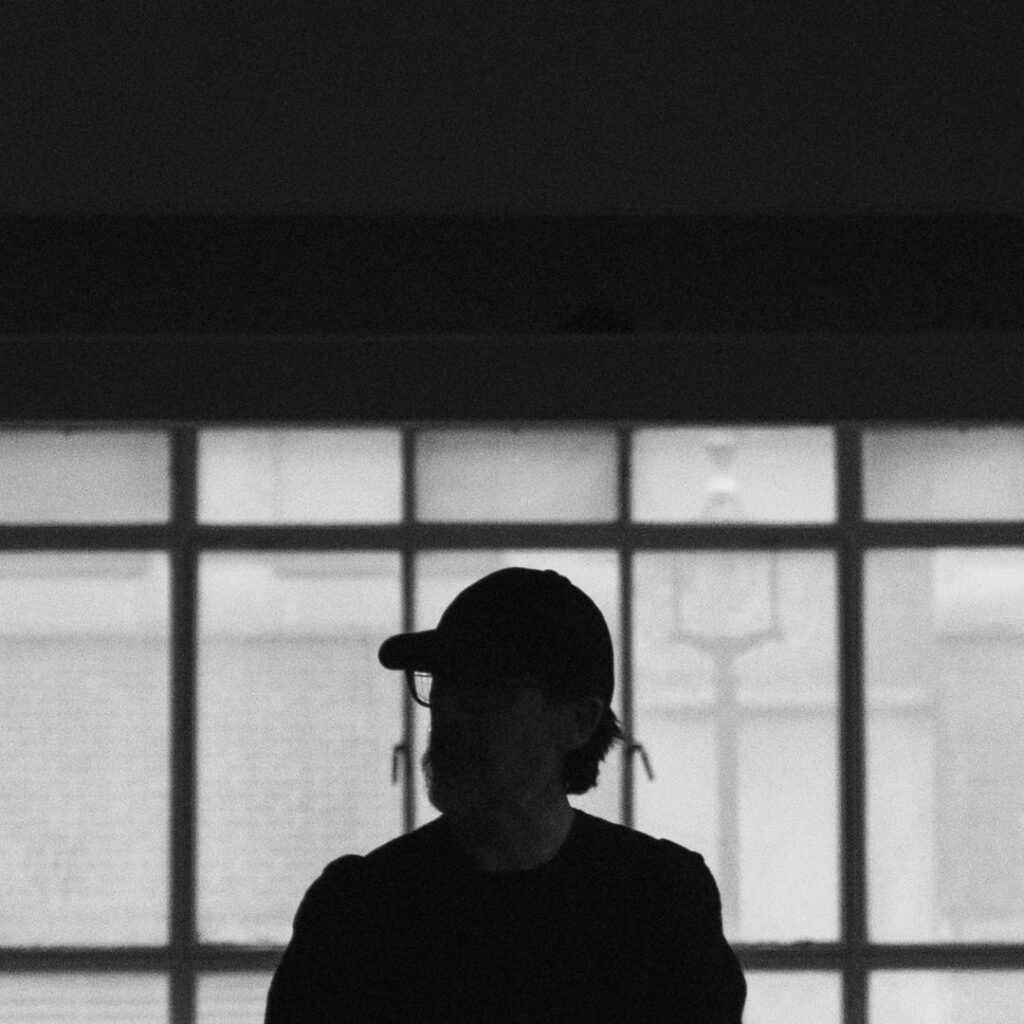
Where do find inspiration for your work?
The true inspiration in my work comes from the work itself. Daily work and daily brushing with sound surfaces create acoustic yearnings that become obsession and objective. This is mixed with the ideas generating reflections, which feed my work with content.
You’ve been involved in a lot of different projects. Some more experimental, some more popular. What drives you to make music?
Every day, I go into my studio and work for hours. I am a music lover with eclectic and open tastes.
You grew up in Madrid, a city that was having a creative explosion in the early 80’s. How did this shape your work?
I have spent many years feeling that the “movida madrileña” had not influenced my personal development, but now I think it has, though not in an aesthetic way. I think that the open, spontaneous, and feverish atmosphere of those times pushed me to be a musician more open and less afraid to express myself with absolute freedom.
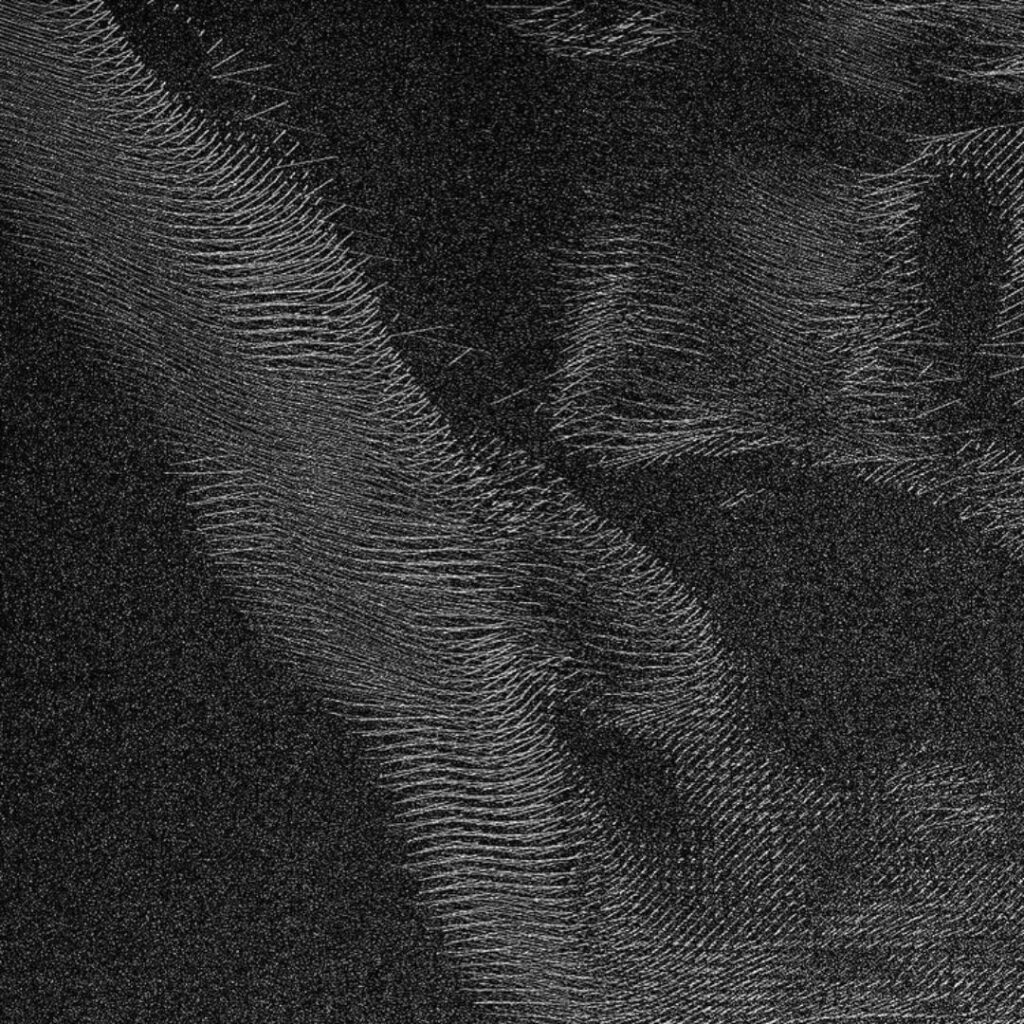
With Orquesta De las Nubes, there was this idea that members could bring all kinds of things into the studio – from frying pans to bird lures to synthesizers. Do you still often experiment with new unusual sources of sound in your work?
Of course. From my condition as an electroacoustic musician (in which I insist on calling myself because I don’t use synthesizers), I work on acoustic sonority processes, and the source of my work varies continuously. I look for new elements, and experimentation is the essence of my work.
What is your favorite setting for a performance?
Out of habit and comfort, I keep the guitar as a generator of tuned-sound impulses. From there, granular samplers, loopers, filters, delays, reverbs and all kinds of processes appear in my sets, which changes for each project.
When you are not busy with music, what do you enjoy doing? What is your favorite pastime?
I really enjoy cooking. It is also an incredible stress reliever. For me, cutting vegetables is an exercise in meditation. I also really enjoy reading, but I understand reading as a part of my job as a musician, because it fuels my ability to find new ideas.
What kind of collaboration or adventure are you most interested in exploring in the future?
One is always attracted to what one understands most closely, although it is not always the collaboration that bears the best results. Sometimes seemingly absurd collaborations generate wonderful sound objects, so I have destroyed my prejudices around collaborations. I’m generally open: I like to collaborate with anyone who enjoys the unexpected.
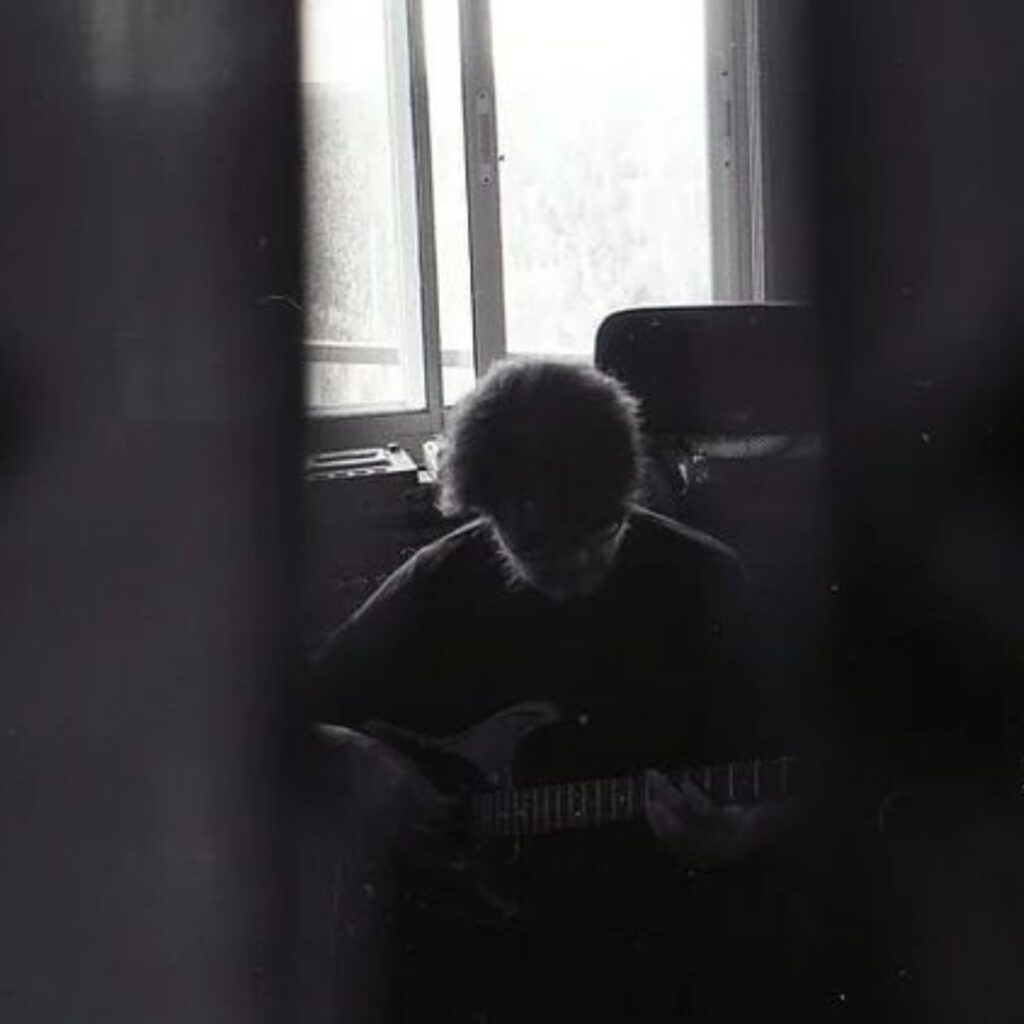
To end: what advice would you give a young artist that is just starting out?
That they experiment, that they maintain curiosity around others and specifically for musicians, and that they develop and perfect their listening skills.

